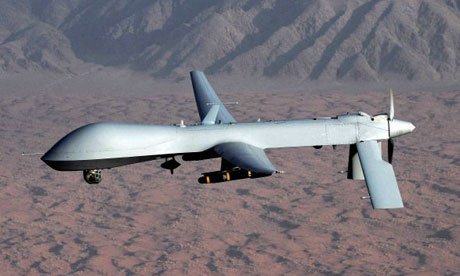By Hannah Stewart
Impunity Watch Reporter, Africa
KINSHASA, Democratic Republic of the Congo — The Movement of March 23 (M23) rebels have been fighting the DRC army since May in the country’s fertile but highly unstable North Kivu province. The UN published a report late last year that accused the rebels of serious atrocities: rape, murder, human rights violations, and forced recruitment. M23 has dismissed the allegations at “cruelly biased.”

In April 2012, the M23 rebels launched an offensive against the army after accusing President Joseph Kabila of reneging on the terms of a March 2009 peace agreement. Now the M23 rebels state they wish to remove Kabila from office and liberate the entire Congo. The M23 rebels engagement in the in the eastern province has the region back into war and displaced an estimated 500,000 people.
M23 released its response via a report on Wednesday. The political leader of M23, Jean-Marie Runiga Lugerero, charged that the UN experts of harboring a “visceral hatred of M23.” Runiga said the UN document “seems to us cruelly biased and hardly professional because it contains incompatible and incoherent elements.”
Human Rights Watch (HRW) has reported that M23 receives significant support from Rwanda. Moreover, HRW reported that “Rwandan military officials have planned and commanded M23 military operations; supplied weapons, ammunition, uniforms and other equipment; and recruited at least 600 young men and boys in Rwanda to join the rebellion.”
Likewise, according to research by HRW and the UN Group of Experts on Congo several hundred Rwandan army troops were sent to Congo to support the M23 in its military offensives. In September, HRW accused the rebels of “war crimes committed on a large scale.”
In its Wednesday report, M23 rejected all the foregoing allegations. The rebel leader, Runiga, calling the UN and the HRW reports “politicized” and “erroneous,” and the production of biased rapporteurs.
However, independent UN experts say the M23 insurgency receives cross-border support from Rwanda and Uganda. Both governments strongly deny these allegations.
In December the UN sanctions committee blacklisted two key M23 leaders, Eric Badege and Jean-Marie Runiga Lugerero on grounds the rebel group has been complicit in “killing and maiming, sexual violence, abduction, and forced displacement” of people in eastern Congo. They now face international travel bans and asset freezes.
M23 said they expect to sign a peace deal with the government by the end of February to end their ten-month revolt; however, Kinshasa said “capricious” demands from the rebels could cause delays.
For more information, please see:
All Africa – Congo-Kinshasa: How M23 Peace Deal was Missed – 1 February 2013
Global Post – DR Congo Rebels Dismiss “Biased” UN Rights Report – 31 January 2013
IOL News – DRC Rebels Dismiss UN Rights Report – 31 January 2013
Reuters – Congo’s M23 Rebels say Peace Deal Possible by end-February – 1 February 2013



